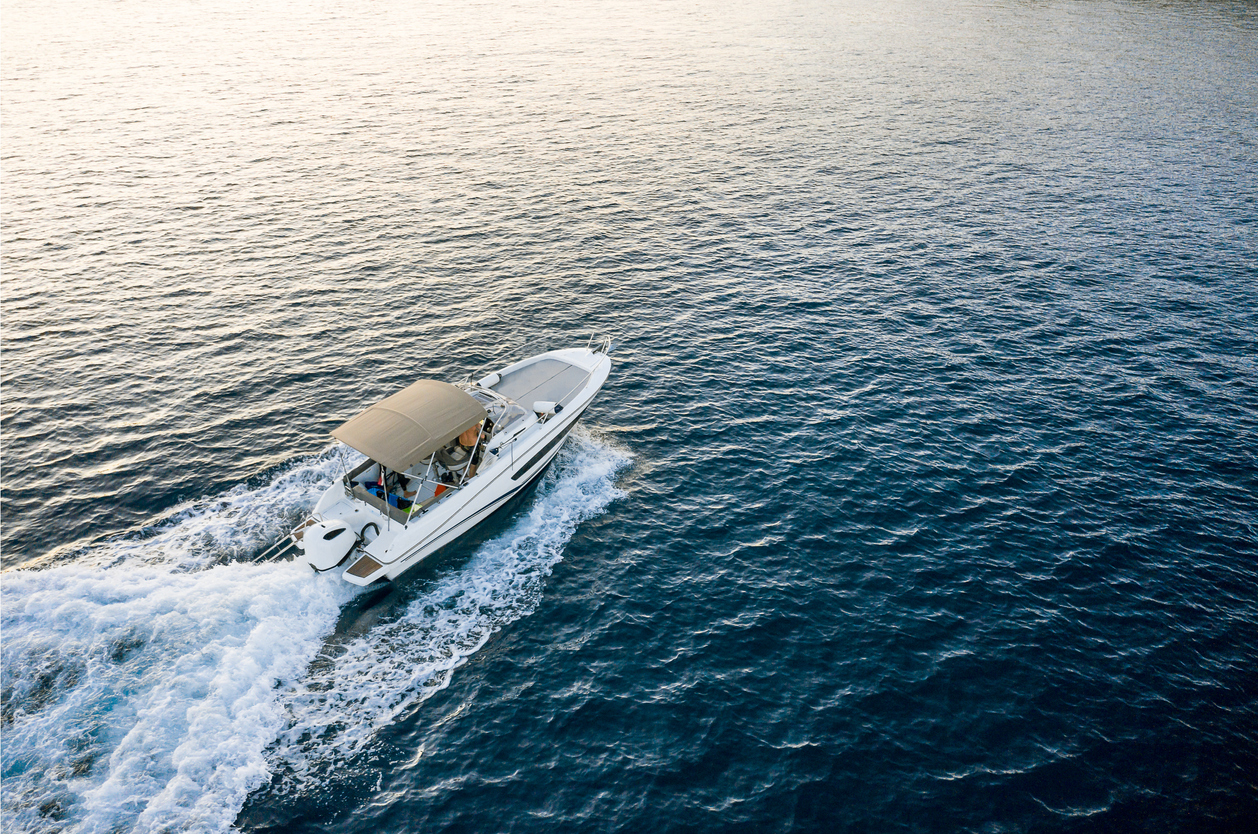Boating is a wonderful activity to participate in on a beautiful day. However, it comes with its own set of responsibilities. This includes never operating the boat while intoxicated. In Texas, boating while intoxicated (BWI) is a Class B misdemeanor, which can result in up to three days in jail if convicted. As with DWI, a conviction for BWI can have a negative and wide-reaching impact on your life.
What Does BWI Apply To?
BWI relates to any watercraft that has a motor attached to it that helps to propel it forward. Therefore this offense does not apply to kayaks, rowboats, canoes, or inner tubes. Additionally, in order to be considered legally intoxicated, you must have a blood alcohol concentration (BAC) of at least .08 or have lost the “normal use” of your mental or physical faculties (which does not require a breath or blood test).
It is illegal to operate a boat, Jet Ski, motorized ski-board, and other watercraft in Texas while you are legally intoxicated. A watercraft is defined as any watercraft that has motors attached that help propel it on water. That means that crafts such as canoes, rowboats, inner tubes, and kayaks are excluded from this offense. However, if a minor is operating a boat and has any traceable amount of alcohol in their blood, they will be charged with a BUI rather than a BWI. It is important to note that people are not prohibited from having open containers on a boat.
Determining BWI
As with the drivers of cars, police can charge you with a BWI if they smell alcohol on you. If a law enforcement officer smells alcohol on you, he or she can bring you back to the shore and ask you to conduct a sobriety test (e.g. walk in a straight line, stand on one leg, etc.). If you fail this test you can be arrested.
It is important to distinguish a car from a boat when it comes to stopping you. Although Texas requires that a police officer have reasonable suspicion for stopping the driver of a car, the same is not required to stop the operator of a boat. But similar to a DWI case, you can refuse to engage in a sobriety or Breathalyzer test.
Consequences of a BWI
As mentioned, a BWI is a Class B misdemeanor in Texas and can result in up to 180 days in jail and a fine of up to $2,000.
A second offense BWI is a Class A misdemeanor in Texas, which may result in 30 days in jail to a year in prison and a fine of up to $4,000.
A third conviction BWI in Texas can result in 2 to 10 years in jail and a fine of up to $10,000. Those who cause injury or death due to BWI may face stricter penalties.
The Attorneys at Ceja Law Firm Help Those in Houston Who Have Been Charged with BWI (or BUI)
At Ceja Law Firm PLLC, we understand the serious nature of such a criminal charge and the impact that it can have on one’s life. That’s why we will work to help you obtain the best possible outcome. We represent clients charged with intoxication offenses throughout the Greater Houston area, including Harris, Fort Bend, Montgomery, Brazoria, and Chambers counties. To learn more or to schedule a free consultation, contact us today!










